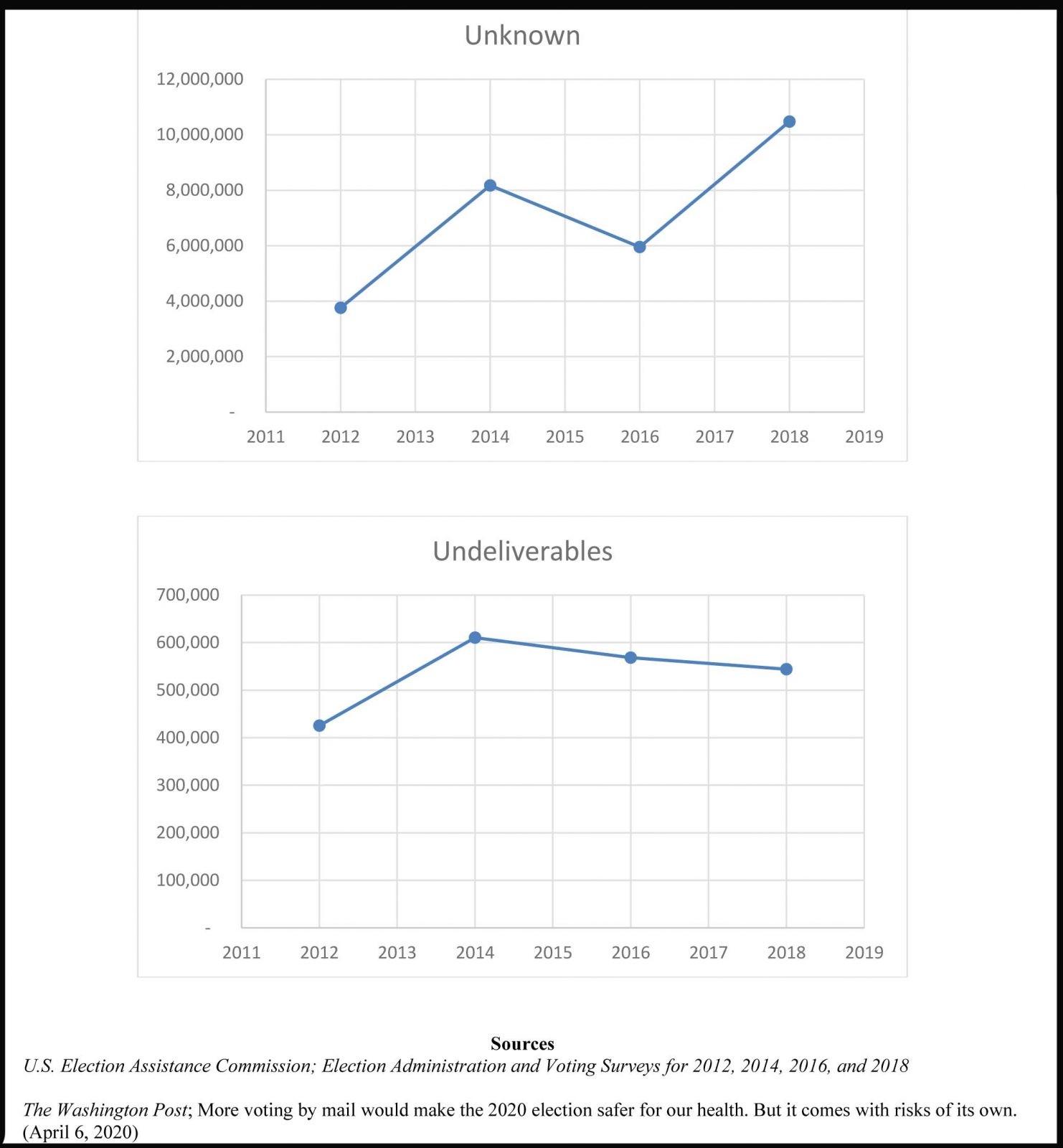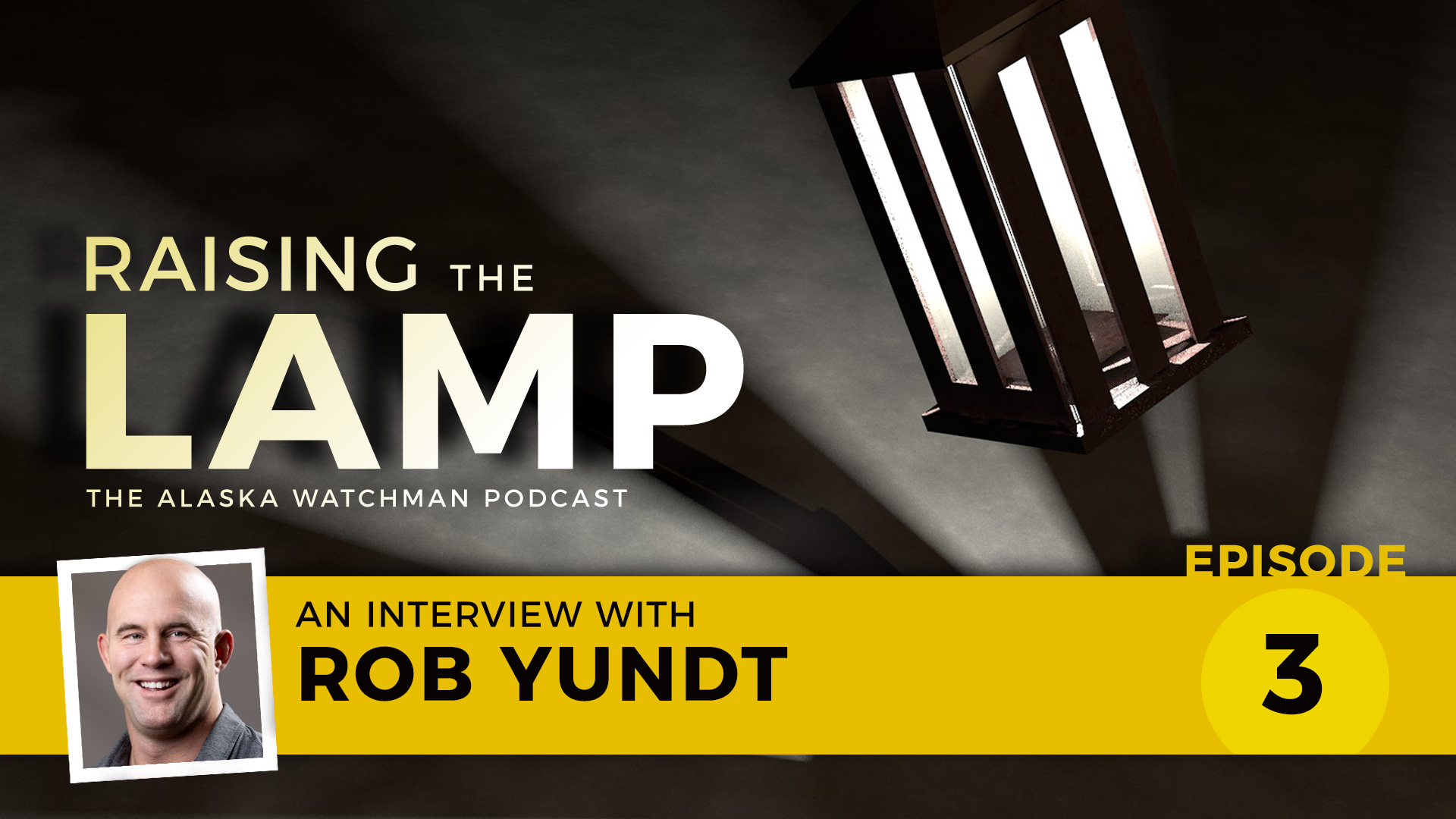
Lieutenant Gov. Kevin Meyer is right to reject pressure to enact a mail-in-only voting system for Alaska during COVID-19. Despite assurances that widespread mail-in voting is secure, the data simply does not bear this out.
A new detailed report on mail-in deficiencies was released by Public Interest Legal Foundation (PILF) revealing that 28.3 million mail-in ballots have gone missing from 2012 to 2018 in national elections.
FINDINGS FROM 2012-2018:

- 146,371,771 ballots mailed out
- 1 in 5 ballots never completed the mail in voting process in the past decade
- 2,147,987 ballots were undeliverable
- 1,275,924 ballots rejected upon receipt
- 3 million ballots missing (Never returned with no record of where they ended up)
QUESTIONABLE VOTER ROLLS
A recent article by The Heritage Foundation, a conservative think tank, notes that states which use mail ballots “become increasingly reliant on voter registration rolls that are highly inaccurate. If a state is not staying on top of registrants who die or move elsewhere, they are likely sending ballots to outdated addresses by default.”
According to an August report from the Public Interest Legal Foundation, Alaska was among the worst states in terms of bloated voter registration rolls. The foundation found that at least 244 counties in 28 states had inflated voter rolls. Alaska had an unbelievable 113% percent voter registration.
ALASKA WATCHMAN DIRECT TO YOUR INBOX
“One of the most effective strategies for protecting the integrity of American elections is keeping voter rolls clean,” PILF President Christian Adams said. “In addition to fraud concerns, unkempt rolls can serve as a warning signal to future corruption and failures in local governments.”
Ballots mailed to voters who have died, moved out of state or who simply threw the ballots in the trash are ripe for corruption through “ballot harvesting,” the practice of allowing political volunteers and others to collect ballots and return them en masse to polling locations.
In March, the Legislature gave the Division of Election freedom to implement a mail-in voting system but in Alaska’s primary elections, voters must choose between two ballots – the Republican ballot or the Democrat and all others ballot. With an estimated 550,000 voters – 70% of whom would be eligible for either ballot. Lieut. Gov. Meyer said the mail-in only approach would require the state to send 900,000 ballots to 450,000 Alaskans. Since only 30% of voters actually cast ballots, that leaves 600,000 unsecured ballots in post offices, on kitchen tables or in the garbage can, Meyer said during a May 15 press briefing.
Alaskans who wish to vote by mail have always had this option anyway.
“That is very concerning to have so many unsecured ballots,” he warned.
Meyer added that opting for the traditional in-person voting allows Alaska voters who make a mistake on their ballot to receive another and it provides immediate help for those who do not speak English.
Finally, Alaskans who wish to vote by mail have always had this option anyway. According to state law any registered voter can request a mail-in ballot for any reason whatsoever. Voters simply submit a copy of their current driver’s license, state ID, passport, birth certificate, hunting and fishing license or current and valid photo ID with an application. For those who want to vote in-person, the polls will implement health protocols to ensure voter safety, Meyer said.
Even if Alaska were to consider mandatory vote-by-mail, there simply isn’t time. The Heritage Foundation points out that the few states that have implemented vote-by-mail only have done so after “years developing their systems with the help of commercial vendors. America does not have the time or resources to attempt to undertake such a systematic, thought-through, massive effort between now and November.”
The writer is editor-in-chief of the Alaska Watchman.







